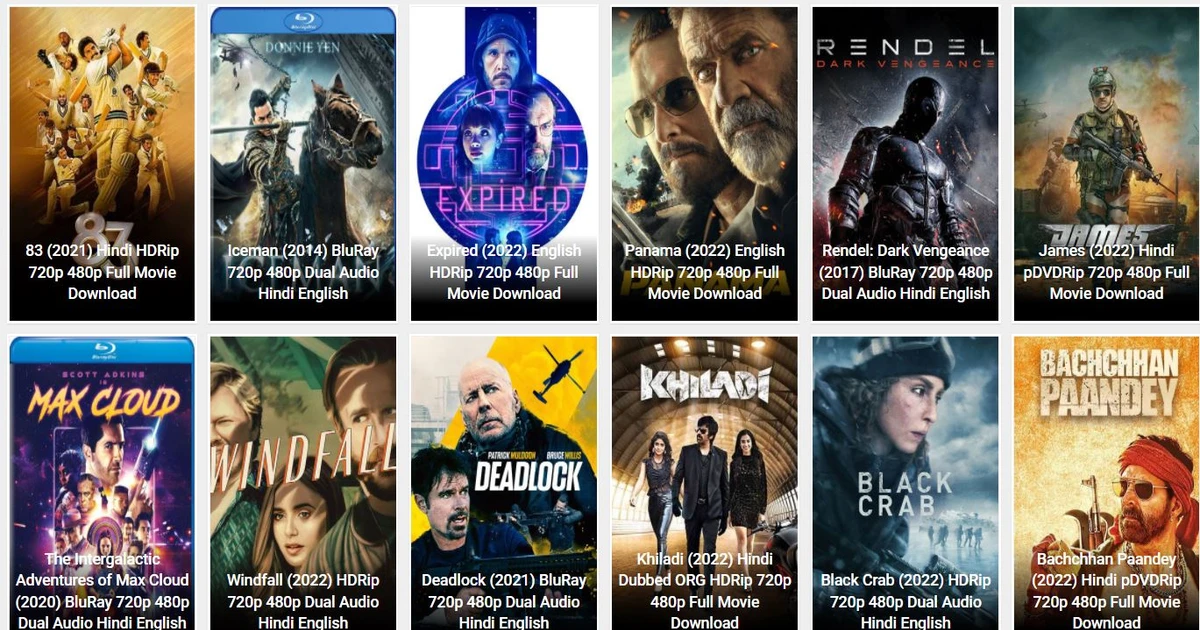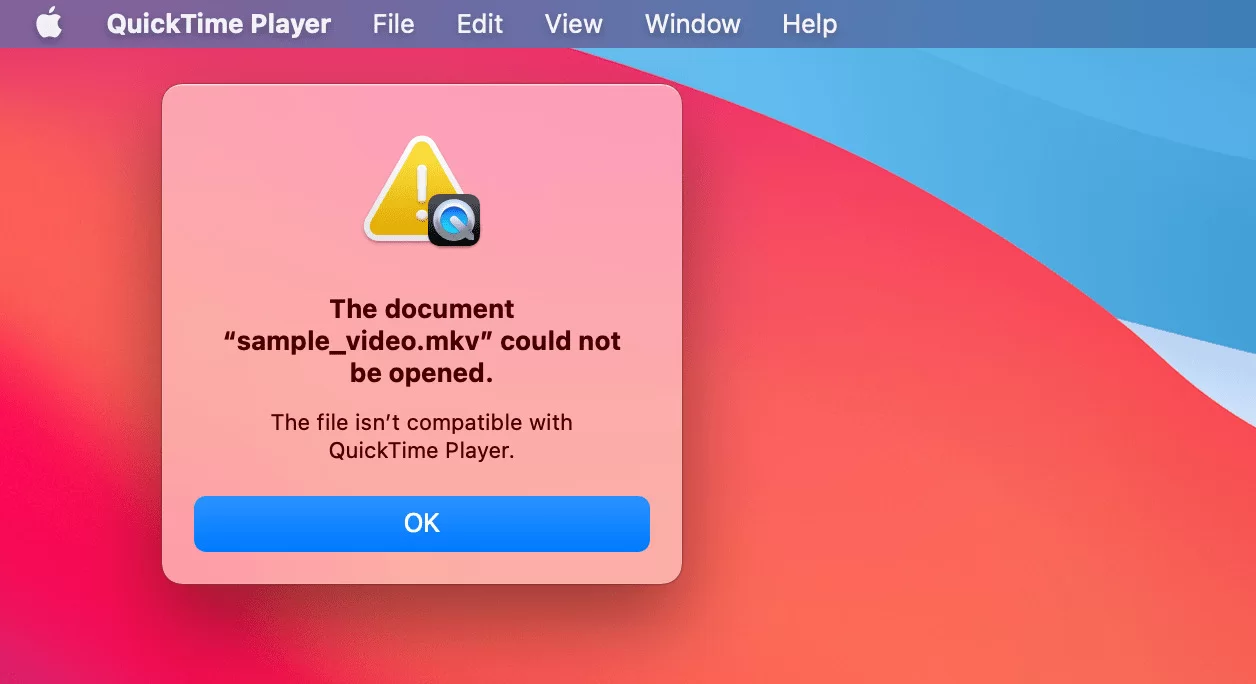MKV Point Movie has become a popular search term among movie enthusiasts and tech-savvy individuals. MKV, short for Matroska Video, is a widely used container format known for its flexibility and versatility. In this comprehensive guide, we will delve into the intricacies of MKV files, their advantages, and how they have revolutionized the way we consume digital media.
The popularity of MKV files stems from their ability to encapsulate multiple audio, video, and subtitle streams into a single file. This feature makes MKV a preferred choice for many users who demand high-quality multimedia experiences. Whether you're a casual viewer or a professional editor, understanding MKV files can enhance your media consumption and production processes.
Throughout this article, we will explore the technical aspects of MKV files, provide practical tips for using them, and address common questions and misconceptions. By the end of this guide, you will have a thorough understanding of MKV Point Movie and its significance in the digital age.
Read also:Financing A Funeral In Bellevue Comprehensive Guide To Planning And Funding
Table of Contents
- What is MKV?
- Advantages of MKV Files
- How to Play MKV Files
- Converting MKV Files
- Editing MKV Files
- Common Issues with MKV Files
- MKV vs Other Formats
- MKV and Streaming
- MKV for Professionals
- Conclusion
What is MKV?
Matroska Video (MKV) is an open-standard container format designed to store multimedia content. Unlike traditional formats like MP4 or AVI, MKV is renowned for its ability to house multiple audio, video, and subtitle tracks within a single file. This flexibility makes it ideal for users who demand a seamless multimedia experience.
The name "Matroska" is derived from the Russian word "Matryoshka," which refers to nested dolls. Similarly, MKV files can contain multiple layers of content, making them versatile and adaptable to various use cases.
Some key features of MKV include:
- Support for multiple audio and subtitle streams
- Compatibility with a wide range of codecs
- Ability to store metadata and chapters
- Open-source nature, ensuring long-term accessibility
Why Choose MKV?
Choosing MKV over other formats offers several advantages, especially for users who prioritize quality and flexibility. Its ability to support high-definition video and lossless audio makes it a favorite among movie enthusiasts and professionals alike.
Advantages of MKV Files
MKV files stand out due to their numerous benefits. Below, we explore the key advantages that make MKV a preferred choice for multimedia enthusiasts:
1. Multi-Track Support
One of the standout features of MKV is its ability to support multiple audio and subtitle tracks. This means users can enjoy content in their preferred language or switch between different audio options without needing separate files.
Read also:Understanding The Foote Cone And Belding Model A Comprehensive Guide
2. Codec Flexibility
MKV supports a wide range of codecs, ensuring compatibility with various video and audio formats. This flexibility allows users to encode and decode content using their preferred settings.
3. Metadata Integration
MKV files can store extensive metadata, including chapter markers, cover art, and descriptive information. This feature enhances the user experience by providing additional context and organization.
How to Play MKV Files
Playing MKV files is straightforward, thanks to the availability of numerous media players that support this format. Below are some popular options:
VLC Media Player
VLC is a free, open-source media player that supports virtually all audio and video formats, including MKV. Its simplicity and reliability make it a go-to choice for many users.
KMPlayer
KMPlayer is another powerful media player that offers extensive support for MKV files. It includes advanced features like subtitle synchronization and customizable playback settings.
Windows Media Player
While Windows Media Player does not natively support MKV, installing the appropriate codecs can enable playback. Alternatively, users can opt for third-party software for seamless MKV playback.
Converting MKV Files
Converting MKV files to other formats may be necessary for compatibility with certain devices or platforms. Below are some popular tools for converting MKV files:
HandBrake
HandBrake is a free and open-source tool that allows users to convert MKV files to MP4, AVI, and other formats. Its user-friendly interface and robust features make it a popular choice for video conversion.
FFmpeg
FFmpeg is a command-line tool that offers advanced video processing capabilities, including MKV conversion. While it requires some technical knowledge, its flexibility and power make it a valuable asset for professionals.
Editing MKV Files
Editing MKV files can enhance their functionality and usability. Below are some tools and techniques for editing MKV files:
MKVToolNix
MKVToolNix is a comprehensive suite of tools designed for creating, editing, and inspecting MKV files. It allows users to add, remove, or modify tracks, chapters, and metadata within MKV files.
Subtitle Editing
Editing subtitles within MKV files can improve accessibility and user experience. Tools like Aegisub and Subtitle Edit offer robust features for subtitle creation and synchronization.
Common Issues with MKV Files
While MKV files offer numerous advantages, they can sometimes present challenges. Below are some common issues and their solutions:
Playback Problems
Playback issues may arise due to missing codecs or incompatible hardware. Ensuring the appropriate codecs are installed and using compatible media players can resolve these problems.
File Corruption
Corrupted MKV files can result from incomplete downloads or hardware failures. Using file recovery tools like Disk Drill or EaseUS Data Recovery can help retrieve lost data.
MKV vs Other Formats
When comparing MKV to other formats like MP4 and AVI, several factors come into play. Below is a breakdown of their key differences:
File Size and Quality
MKV files generally offer better quality at similar file sizes compared to MP4 and AVI. This makes them ideal for high-definition content.
Compatibility
While MKV is widely supported by modern devices and platforms, MP4 remains the most universally compatible format. Users should consider compatibility requirements when choosing a format.
MKV and Streaming
MKV files are increasingly used in streaming services due to their versatility and quality. Below are some considerations for using MKV in streaming:
Streaming Platforms
Streaming platforms like Plex and Kodi support MKV files, allowing users to enjoy high-quality content on their devices. Ensuring proper encoding and transcoding settings is crucial for optimal streaming performance.
Bandwidth Requirements
MKV files, especially those in high-definition, may require significant bandwidth for smooth streaming. Users should ensure their internet connection can handle the necessary data transfer rates.
MKV for Professionals
Professionals in the video production and editing industries often prefer MKV files due to their flexibility and quality. Below are some reasons why MKV is a top choice for professionals:
Post-Production Flexibility
MKV files allow professionals to work with multiple audio and subtitle tracks, enabling greater control over the final product. This flexibility is essential for creating polished and professional-grade content.
Lossless Compression
MKV supports lossless compression, ensuring that video and audio quality remain intact during editing and post-production processes. This feature is critical for maintaining the highest standards in professional work.
Conclusion
In conclusion, MKV Point Movie represents a powerful and versatile format that has transformed the way we consume and produce digital media. Its ability to encapsulate multiple streams, support various codecs, and store extensive metadata makes it a preferred choice for both casual users and professionals.
We encourage readers to explore the possibilities of MKV files and incorporate them into their multimedia workflows. For further insights and updates, please leave a comment or share this article with your network. Additionally, feel free to explore our other resources for more information on digital media and technology.
Thank you for reading, and we hope this guide has provided valuable insights into the world of MKV files!



